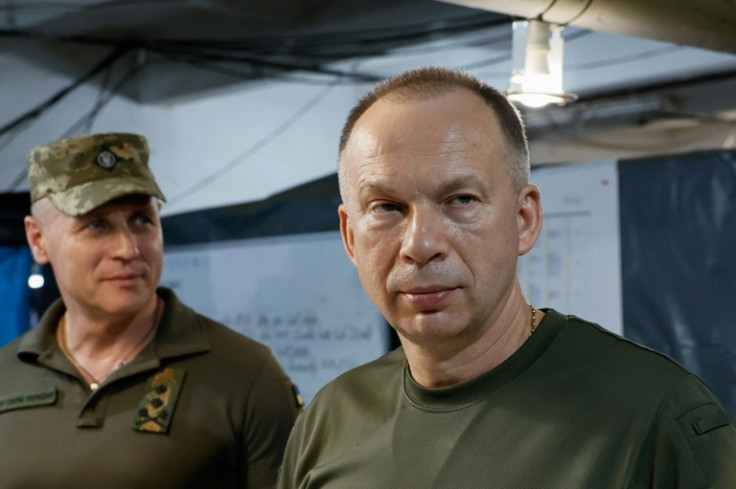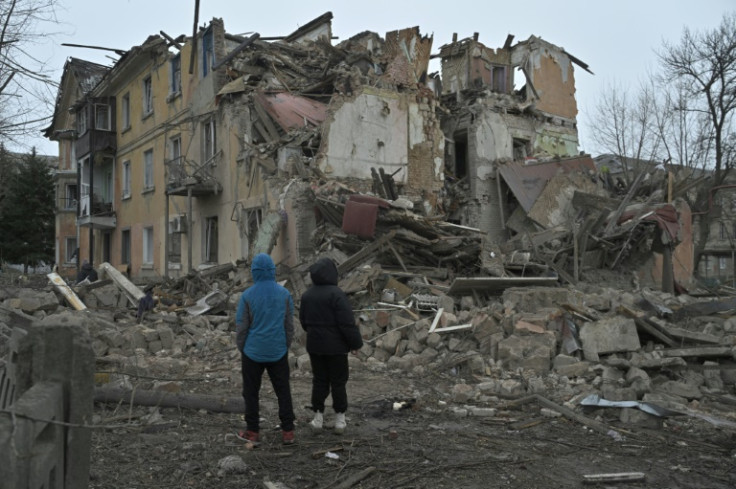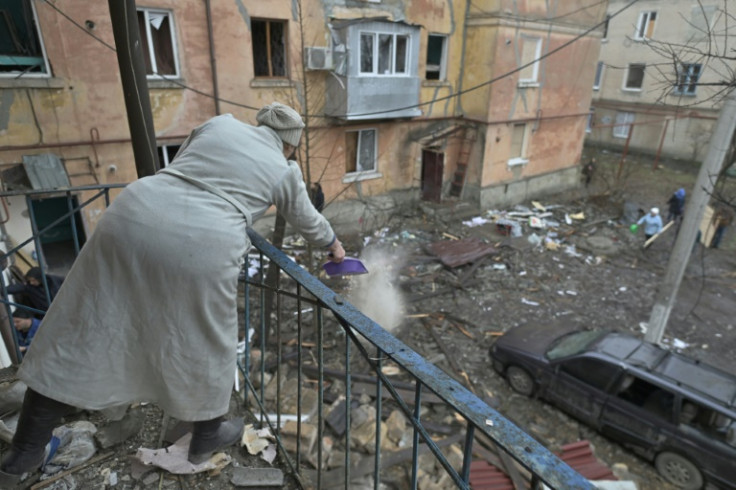Ukraine Must Change 'Methods' Of War, New Army Chief Says

The Ukrainian army needs to change its "methods" to win the war against Russia, Kyiv's new commander-in-chief Oleksandr Syrsky said Friday in his first comments in the role.
The 58-year-old replaced commander Valery Zaluzhny this week in the biggest shake-up of Ukraine's military leadership since Russia's invasion began nearly two years ago.
The veteran general faces a myriad of problems in his in-tray, not least of which a 1,000-kilometre (600 mile) deadlocked frontline that has barely moved in over a year of fighting.
"Only changes and continuous improvement in the means and methods of warfare will allow us to succeed on this path," Syrsky said in a social media post.
The army needs "clear and detailed planning", he said, "taking into account the needs of the frontline for the latest weapons supplied by international partners".
Ukraine's allies, particularly Washington and Brussels, are struggling to keep up aid packages that have so far allowed Kyiv to hold out against Russia.
Syrsky is taking over the military at a time of uncertainty over what resources will be available and as Russia puts its economy on a war footing, ramping up production and recruitment.
Despite successes on the battlefield, Syrsky is not a national icon like Zaluzhny, and he has a reputation for being indifferent to military casualties.
He appeared to address this characterisation in his statement, saying: "The lives and well-being of our servicemen have always been and remain the main asset of the Ukrainian army".
The Kremlin earlier on Friday downplayed the impact Ukraine's military shake-up would have on the battlefield.
"We don't think it's a factor that will change the course of the special military operation," Kremlin spokesman Dmitry Peskov said, using Moscow's preferred term for its invasion.
Within hours of Syrsky's appointment, Russia and Ukraine launched a barrage of drones at each other in an attempt to strike targets deep behind the static frontline.
Ukraine claimed responsibility for attacks on two separate Russian oil refineries overnight, sparking at least one large fire, a source in Kyiv's security services told AFP.
The strikes on Russian oil and gas facilities over the past two months are part of what Kyiv has called "fair" retaliation on infrastructure used to fuel Russia's war.
The drones hit two refineries in Russia's southern Krasnodar region, "not only the Ilsky refinery, but also the Afipsky refinery", the source said.
"These refineries are legitimate targets. Not only do they work for defence and provide fuel for Russian troops, but they are also important for the Russian economy," the source added.
Videos shared on social media showed flames at the refinery in Ilsky, a small town about 50 kilometres (30 miles) inland from the Black Sea coast.
Damage at the refinery in the nearby town of Afipsky was not immediately clear, the Ukrainian source said.
Russia's military, meanwhile, said it shot down 19 Ukrainian drones over four different regions and the Black Sea, while Ukraine said it shot down 10 of 16 drones Russia fired.


© Copyright AFP 2024. All rights reserved.











